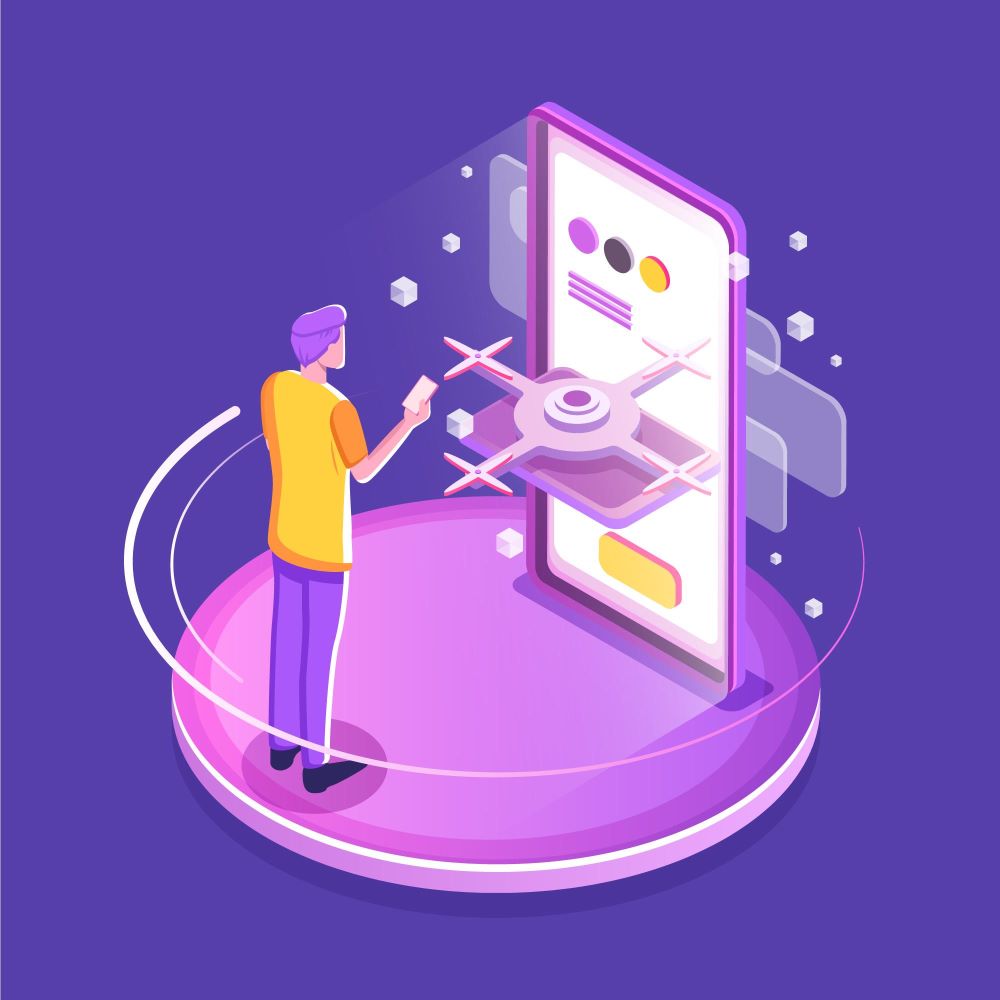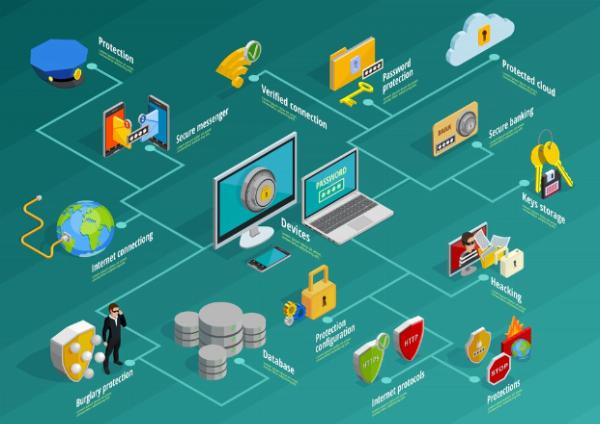 Real Blogger Outreach – Powerful Links. Zero Spam.
Real Blogger Outreach – Powerful Links. Zero Spam.
The Role of AI in Shaping the Future of Human Resources
Written by tracey » Updated on: June 17th, 2025

In today’s rapidly evolving business landscape, artificial intelligence (AI) is transforming industries across the board. One of the most notable areas experiencing significant change is Human Resources (HR). With the increasing use of AI in HR processes, organizations are streamlining operations, improving decision-making, and creating more personalized employee experiences. The role of AI in shaping the future of HR is monumental, as it revolutionizes recruitment, talent management, employee engagement, and performance evaluation.
This article explores how AI in HR is reshaping traditional processes and paving the way for a future where HR becomes more strategic, data-driven, and agile.
1. AI-Driven Recruitment: Efficiency and Bias Reduction
Recruitment is one of the most critical functions of HR, and AI has brought about a significant shift in how companies identify and hire talent. Traditionally, HR teams had to manually sift through hundreds or even thousands of resumes, a time-consuming and often error-prone task. AI in HR has transformed this process through automation and intelligent algorithms.
a. Resume Screening and Candidate Matching
AI-powered tools can automatically scan resumes, identifying keywords, experience, and qualifications that match the job requirements. This reduces the time taken for initial screening and allows HR professionals to focus on high-potential candidates. AI-driven platforms like LinkedIn Recruiter and Taleo use machine learning to match candidates with job postings, ensuring better alignment between the company's needs and the candidate's profile.
b. Predictive Analytics in Hiring
AI in HR also enables predictive analytics in recruitment. By analyzing historical data, AI algorithms can predict which candidates are most likely to succeed in a particular role based on their skills, previous job performance, and even cultural fit. This leads to better hiring decisions and reduces employee turnover.
c. Reducing Bias in Recruitment
One of the key benefits of using AI in HR is the potential to minimize unconscious bias in the hiring process. Traditional recruitment methods can sometimes favor certain demographics unintentionally. AI can help mitigate this by focusing solely on candidate qualifications, experience, and skills, leading to a more diverse and inclusive workforce.
2. Enhancing Employee Engagement with AI
Employee engagement is a top priority for HR professionals, as it directly impacts productivity, retention, and overall job satisfaction. AI in HR is playing a significant role in enhancing employee engagement through personalized experiences, real-time feedback, and improved communication.
a. Chatbots for Instant Employee Support
AI-driven chatbots have become increasingly popular in HR departments. These virtual assistants can handle a wide range of employee queries, from answering questions about benefits and policies to providing information on company procedures. By offering 24/7 support, AI chatbots improve employee satisfaction and reduce the burden on HR staff.
b. Personalized Learning and Development
AI-powered platforms can analyze individual employee data to provide personalized learning and development opportunities. These platforms recommend relevant courses, training modules, and career development paths based on an employee's role, skills, and performance data. This level of customization helps employees feel valued and supported in their career growth, leading to higher engagement and retention.
c. Real-Time Feedback Systems
AI in HR is also changing how organizations provide feedback to employees. Traditional annual performance reviews are being replaced by real-time feedback systems powered by AI. These systems analyze employee performance data and provide continuous feedback, enabling employees to improve and develop their skills on an ongoing basis.
3. AI-Driven Talent Management and Succession Planning
Talent management is a crucial aspect of HR, and AI is revolutionizing how organizations identify, develop, and retain top talent. AI tools help HR teams make more informed decisions about employee development, performance management, and succession planning.
a. Identifying High-Potential Employees
AI algorithms can analyze employee performance data to identify high-potential employees who may be suited for leadership roles or other key positions. This allows organizations to create targeted development plans and prepare employees for future leadership positions, ensuring a smooth transition during succession planning.
b. Predicting Employee Turnover
Employee turnover is a significant challenge for many organizations, but AI in HR can help predict which employees are at risk of leaving. By analyzing factors such as job satisfaction, performance, and engagement levels, AI algorithms can provide early warnings about potential turnover, allowing HR teams to take proactive steps to retain valuable talent.
c. Data-Driven Decision-Making in Talent Management
AI provides HR professionals with access to vast amounts of data, enabling more data-driven decision-making in talent management. By using AI to analyze employee performance, skills, and career aspirations, HR teams can make more informed decisions about promotions, role changes, and development opportunities.
4. Improving Diversity and Inclusion with AI in HR
Diversity and inclusion are critical goals for modern HR departments, and AI is proving to be a valuable tool in achieving these objectives. AI-driven platforms can analyze recruitment, performance, and promotion data to identify patterns of bias and suggest corrective actions.
a. Identifying Bias in Recruitment and Promotion
AI can analyze data on recruitment and promotion practices to identify potential biases, such as favoring certain demographics or under-representing others. By providing HR teams with insights into these biases, AI helps organizations take steps to promote diversity and inclusion at all levels.
b. Supporting Inclusive Leadership Development
AI in HR can also assist in developing more inclusive leadership teams by identifying high-potential employees from diverse backgrounds. By removing bias from the selection process, AI ensures that leadership opportunities are available to all employees, regardless of gender, race, or other factors.
c. Analyzing Employee Sentiment for Inclusion
AI tools can analyze employee sentiment through surveys, feedback, and communication patterns to assess how inclusive the workplace is. These insights allow HR teams to take actionable steps to improve workplace culture and ensure that all employees feel valued and included.
5. AI in HR for Performance Evaluation and Workforce Analytics
AI is transforming performance evaluation and workforce analytics by providing more accurate, objective, and data-driven insights. These insights help HR teams make better decisions about employee performance, compensation, and organizational development.
a. Continuous Performance Monitoring
Traditional performance evaluations often rely on subjective opinions and annual reviews, which may not accurately reflect an employee's contribution throughout the year. AI-driven performance monitoring tools can analyze data in real-time, providing continuous feedback on employee performance. This allows for more objective and fair evaluations, as well as timely recognition of achievements.
b. Workforce Analytics for Strategic HR Decisions
Workforce analytics powered by AI provides HR teams with valuable insights into employee behavior, performance trends, and workforce needs. By analyzing large datasets, AI can help HR professionals make strategic decisions about workforce planning, resource allocation, and talent development.
c. Compensation and Benefits Optimization
AI in HR can also assist in optimizing compensation and benefits packages. By analyzing industry data, employee performance, and satisfaction levels, AI tools can recommend competitive compensation strategies that attract and retain top talent. This data-driven approach ensures that compensation packages are aligned with employee expectations and market trends.
6. Challenges and Ethical Considerations of AI in HR
While the benefits of AI in HR are numerous, there are also challenges and ethical considerations that organizations must address. The increasing use of AI raises concerns about privacy, data security, and the potential for algorithmic bias.
a. Data Privacy and Security
HR departments handle sensitive employee data, and the use of AI requires robust data privacy and security measures. Organizations must ensure that employee data is protected and that AI systems comply with data privacy regulations such as GDPR.
b. Algorithmic Bias and Fairness
Although AI can help reduce bias in HR processes, it is not immune to creating new biases if the algorithms are not designed carefully. AI systems must be transparent and regularly audited to ensure fairness and avoid reinforcing existing biases.
c. Balancing Automation with Human Judgment
AI in HR can automate many tasks, but it is essential to strike a balance between automation and human judgment. While AI can provide valuable insights, HR professionals must still apply their expertise and empathy in decision-making, particularly in sensitive areas such as employee relations and disciplinary actions.
Conclusion
The role of AI in shaping the future of HR is undeniable. From transforming recruitment and talent management to enhancing employee engagement and performance evaluation, AI in HR is making HR processes more efficient, data-driven, and personalized. However, as organizations increasingly adopt AI-driven HR solutions, they must also address challenges related to data privacy, algorithmic bias, and the ethical use of AI.
By leveraging the power of AI in HR, organizations can create a more strategic and agile HR function that not only improves operational efficiency but also enhances the overall employee experience. As AI continues to evolve, it will undoubtedly play an even more significant role in shaping the future of human resources.
Note: IndiBlogHub features both user-submitted and editorial content. We do not verify third-party contributions. Read our Disclaimer and Privacy Policyfor details.
Copyright © 2019-2025 IndiBlogHub.com. All rights reserved. Hosted on DigitalOcean for fast, reliable performance.













